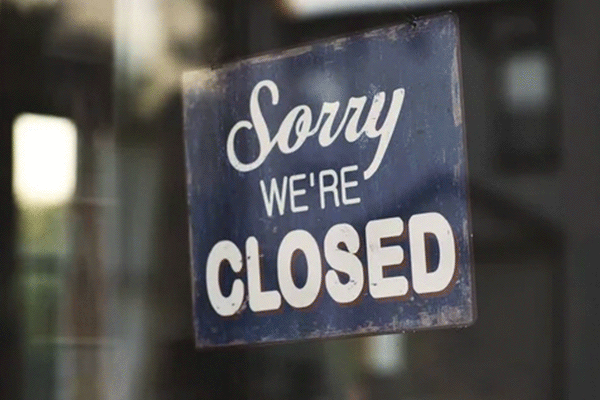Energy and food prices send cafes and restaurants to the brink of collapse

Soaring energy and food prices are pushing more cafes and restaurants to the brink of collapse than ever before.
According to Independent Food Distributors Australia (IFDA) chief executive Richard Forbes there has been a 30 per cent increase in average food costs over the past three years.
Add rents and the doubling of insurance costs and many businesses are under intense pressure to survive.
“Without the government reining in inflation, the number of businesses going broke will continue in food service,” Forbes told The Australian.
“Are we heading for $10 cappuccinos and $100 steak & chips? The government must urgently think of ways to make energy costs as cheap as possible for those in the food service supply chain.”
Statistics from the Australian Securities & Investments Commission (ACCC) show almost 1600 businesses in the accommodation and food services sector collapsed in the past financial year.
That figure is 50 per cent higher than in 2018-19, before the pandemic – and 90 per cent more than in 2013-14.
Analysis conducted by The Australian shows total insolvencies – not including accommodation and food services – are roughly 25 per cent above where they were pre-Covid.
George Dannaoui co-director of cafe and caterer of Sydney’s The Moody Chef told The Australian “We’ve tweaked costs on every front, we’re looking at winding things down because you can’t keep pressing the customer for more money and more money.
“You can go through the whole pantry and everything has just gone up. It’s actually frightening because there doesn’t seem to be any light at the end of the tunnel.”
Dannaoui has seen the cost of cheese and dairy products double and has been quoted $4 for a burger patty that used to cost $1.80.
“You put one fire out, there’s another one,” he said.
“You’ve got the mental trauma that comes on the back of that anxiety, which is really hard for a lot of people. We need the government to rise to the task. We need them to acknowledge that behind every shop is a family.”
Dannaoui is calling for help from governments and the reintroduction of dine and discover vouchers. He has also called for fees associated with outdoor dining permits to be dropped and land tax exemptions for struggling industries.
Moco Food Services owner Mike Peberdy who operates in southeast Queensland and northern NSW, said “state and federal governments are not being sincere in their efforts to reduce the cost of living”.
“Including state and federal charges, our effective tax rate is 45 per cent,” he said.
“Governments should be looking at reducing taxes on fuel and payrolls – and do more to lower energy bills – in order to alleviate pressures on suppliers and ultimately help lower prices for consumers.”
“If they took some action to genuinely reduce inflation, like cutting payroll taxes, then that would improve our competitiveness and productivity, and we would ultimately be supporting thriving industries and a lower cost of groceries for the average Australian.
“We need a real reset on how we tax businesses, because ultimately, it does affect the consumer.”
According Australian Bureau of Statistics (ABS) data shows monthly household spending in hotels, cafes and restaurants has dropped by 13 per cent since the end of last year.
Restaurant and Caterers Association chief executive Suresh Manickam said “Everybody has less money in their pocket these days, so there is an issue in our ability to spend. I don’t know anybody who feels wealthier today than two years ago.”
Manickam also said the government needs to invest in apprentices and trainees to combat a skills shortage which is also driving up costs.
Jonathan Jackson, 10th July 2024







